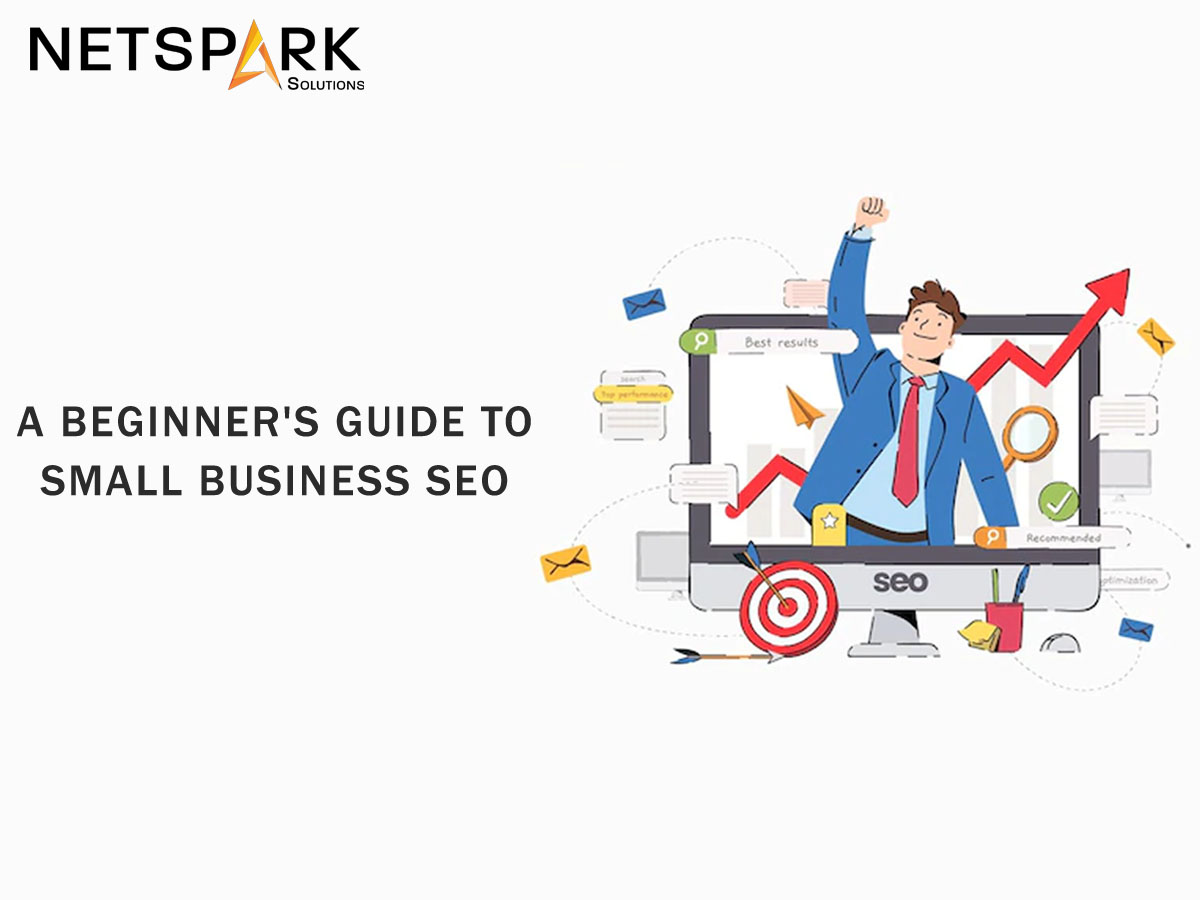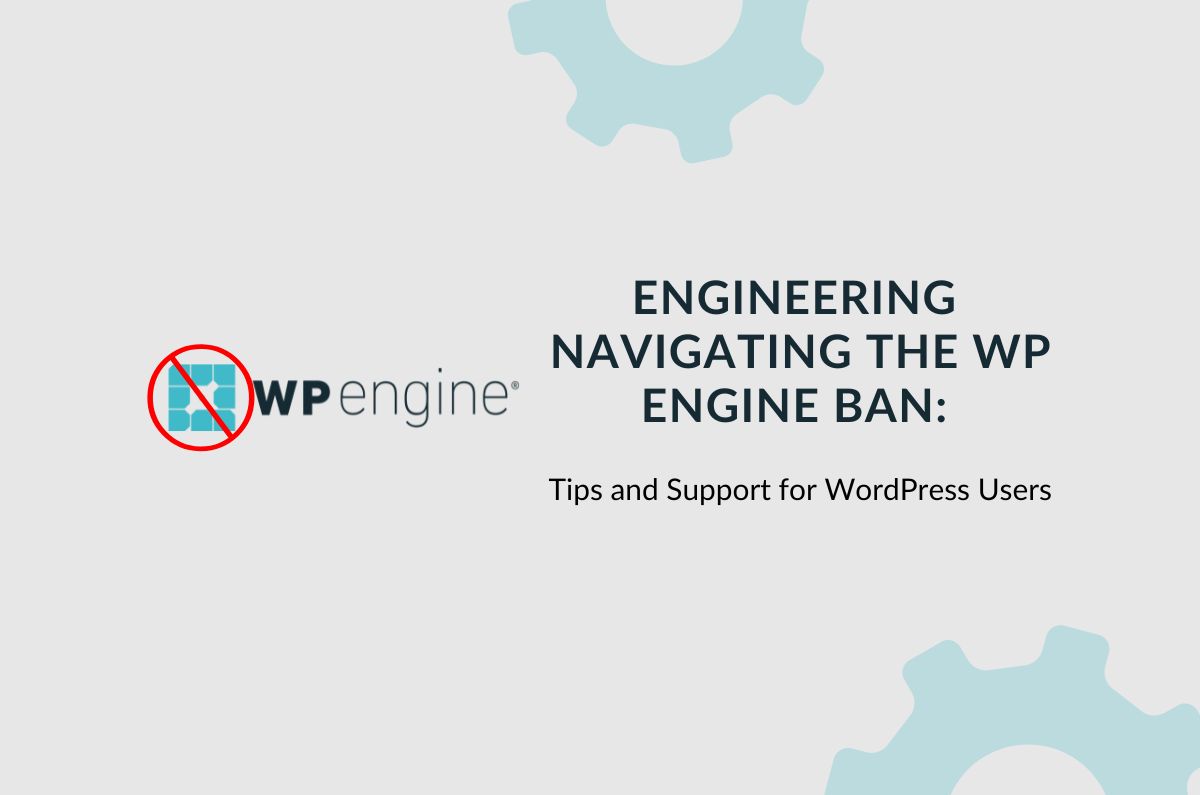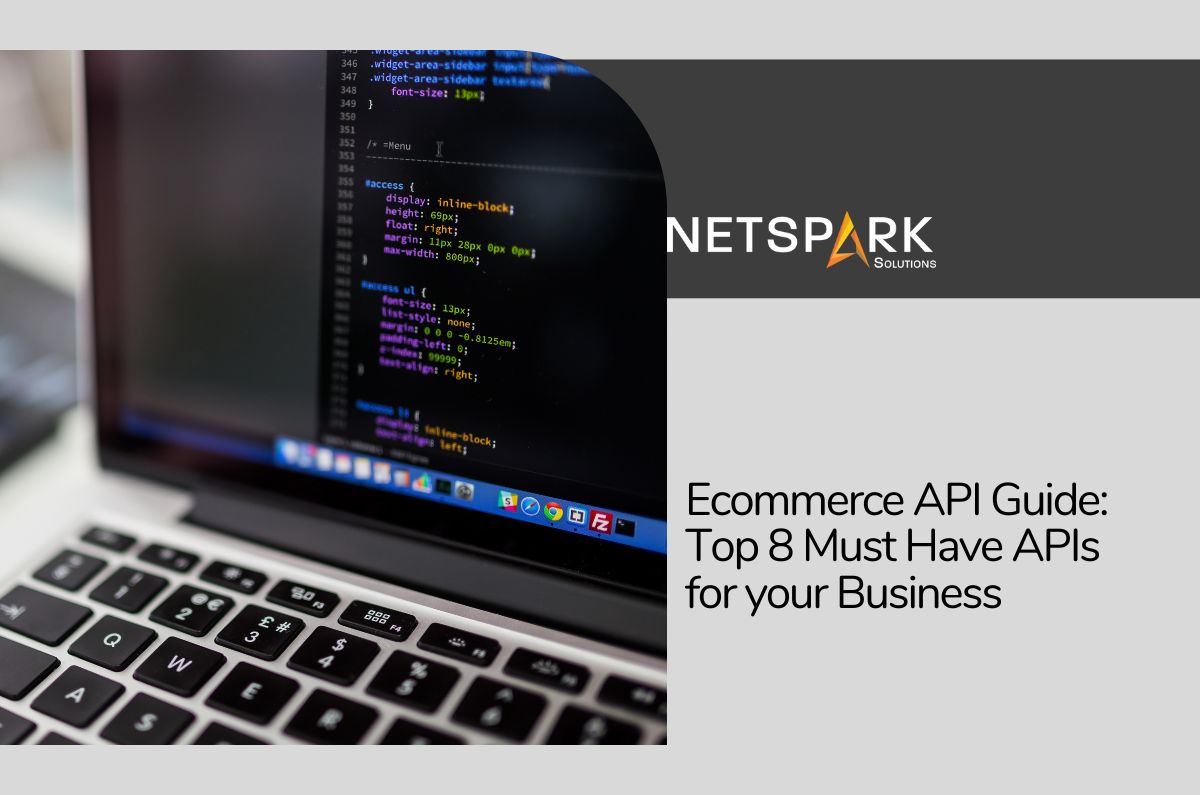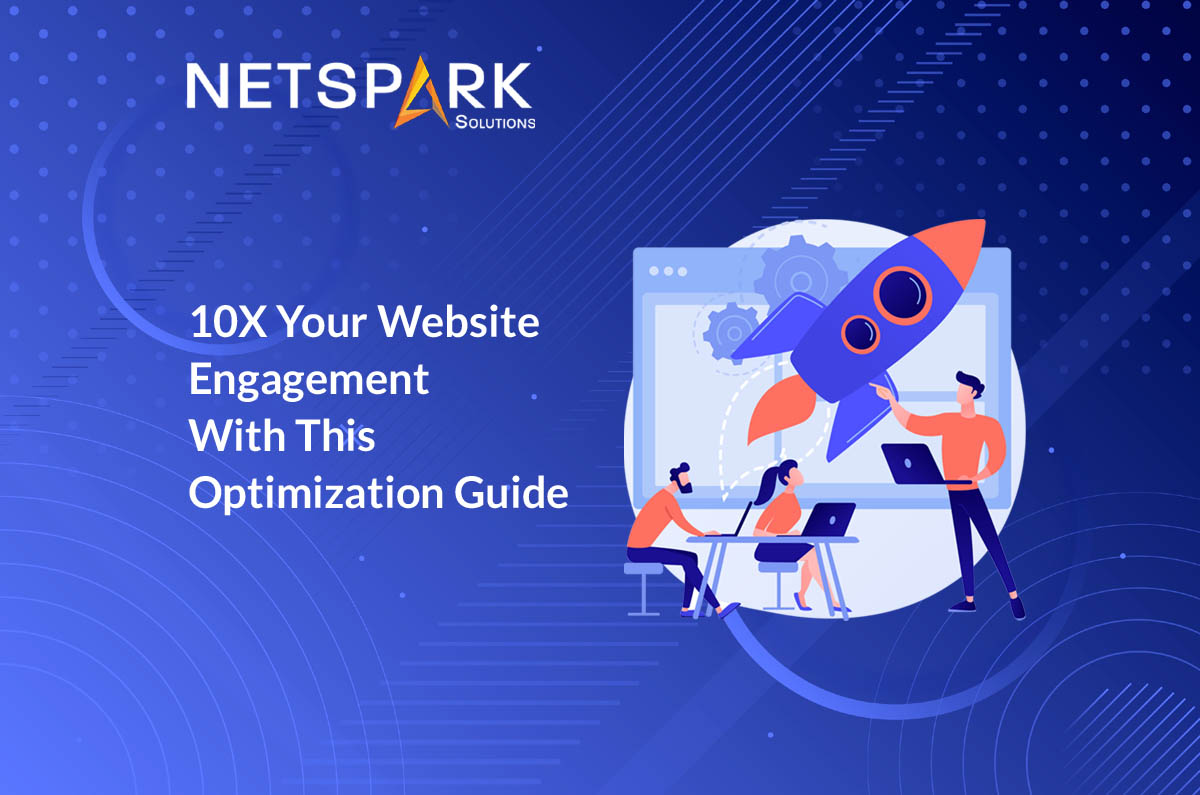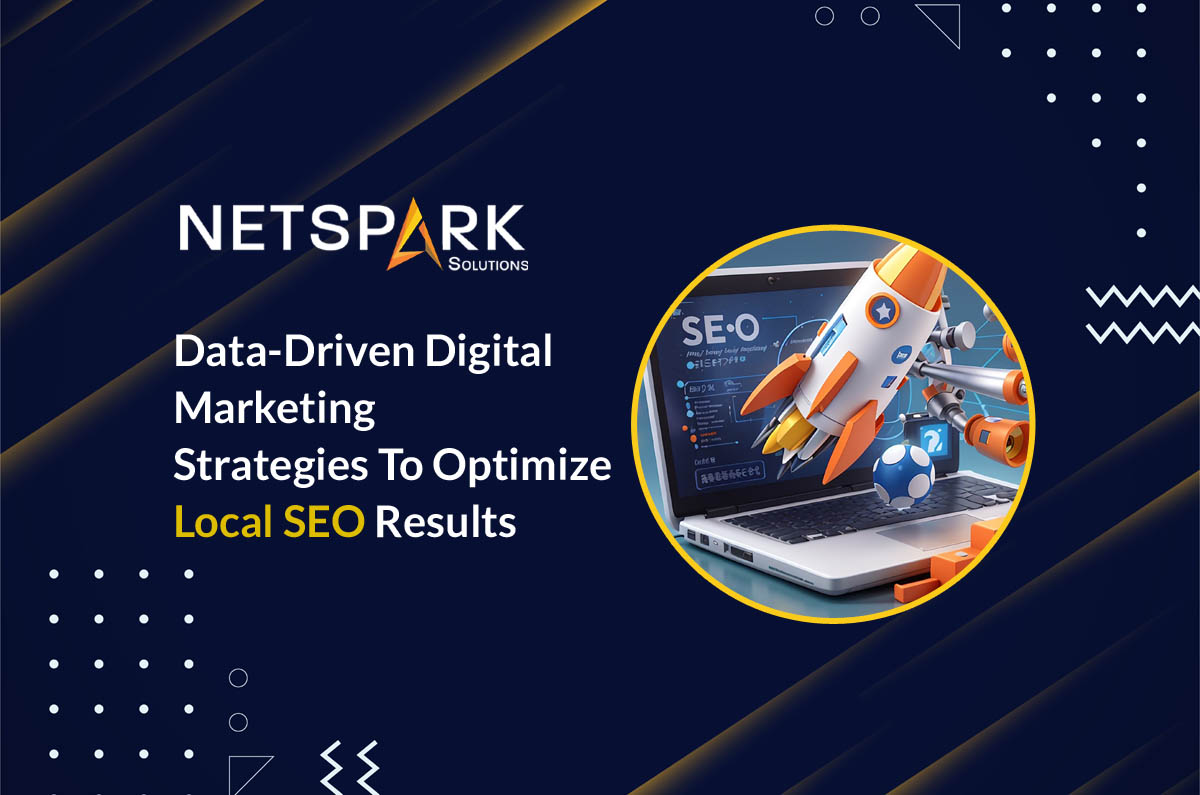A Beginner’s Guide to Small Business SEO (7 Ways to Boost Your Rankings)
Small business owners often find it challenging to develop a marketing strategy for their brand. Unlike well-established enterprises, small ventures lack the time and resources to invest in a dedicated marketing plan. That’s why many of these entrepreneurs completely overlook online marketing and stick to the conventional ways of spreading brand awareness.
But, it’s worth pointing out that marketing for small businesses is not always a hectic process, especially if you start with simple SEO. As opposed to the conventional belief, SEO (search engine optimization) can do wonders for your small business. Not only will it help you establish a strong brand identity, but it’ll also make it easier to drive targeted traffic to your website and get more conversions.
However, small business SEO is a bit different from developing a regular SEO plan. Here the primary objective is to reach the potential customers, generate targeted leads, and get more conversions without spending an unnecessary budget.
So, to make your job easier, we have compiled a detailed 7-step small business SEO guide that’ll help you push your website’s rankings and expand your business boundaries organically.
What is Small Business SEO?
In simple terms, small business SEO could be defined as the process of optimizing your small business’s online presence to acquire better search engine rankings and drive organic traffic to your website. While the eventual goals of small business SEO are the same as a regular SEO campaign, the process to reach those goals is slightly different.
It’s also worth understanding that small business SEO isn’t always the same as local SEO. The latter primarily focuses on acquiring local customers whereas small business SEO may also involve strategies to expand the business boundaries and reach customers nationwide.
The reason why SEO is often considered to be the best marketing strategy for small businesses is its affordability. Unlike paid marketing, SEO doesn’t require business owners to spend thousands of dollars to generate leads.
And, even though it takes a few weeks to reach the desired goals through SEO, the growth is usually consistent. It means small business SEO can help you achieve consistent growth without having to spend thousands of dollars on marketing.
Best Small Business SEO Tips to Drive Organic Traffic to Your Website
1. Be Careful While Choosing the Keywords
Keyword research is the first and most crucial step of any SEO campaign as your keywords will decide whether you’ll get good conversions in the future or not. Choosing the wrong set of keywords will not only damage your search engine rankings, but it’ll also waste time and money. That’s why it’s extremely important to be extra careful while choosing keywords for your small business SEO campaign.
Instead of focusing on highly competitive keywords, try to find out long-tail search queries that’ll help you drive targeted traffic to your website. These search queries may have comparatively lower search volume, but they’ll help you attract highly targeted traffic – customers who’ll most likely buy your product/services.
An effective way to find the right keywords for your small business SEO campaign is through competitor research. The truth is your competitors have already gone through the hassle of devising the perfect keyword list. It means you could save a lot of time by simply analyzing their keyword profile using a dedicated SEO tool like Ahrefs or SEMRush.
In any case, be extra cautious with the keyword research as it’ll decide what type of traffic you bring to your website.
2. Add Meta Title and Meta Description for Each Page
Meta Title and Meta Descriptions have been an integral part of SEO since day 1 – though the structure and rules to write both titles and descriptions have evolved drastically. Even today, both meta titles and meta descriptions are equally important as they make it easier for users and search engine spiders to understand the context of each web page.
Keep in mind that each page on your website should have distinctive meta descriptions as you would not want to deal with content duplicacy issues. While writing the meta title and descriptions, it would also be important to adhere to Google’s official guidelines to ensure they are search engine-friendly.
Ideally, you would want to keep the character limit of your meta descriptions to 160 characters. If you write extremely long meta descriptions, Google will end up truncating them automatically and you would fail to deliver the context of the web page properly. The same goes with the meta titles. According to Google’s official guidelines, the ideal length of a page title should not be more than 50-60 characters.
If you follow these guidelines carefully and optimize the meta-information the right way, it’ll become much easier to climb the search engine ladder and drive better organic traffic to your website.
3. Remove Broken Pages and Broken Links
Broken web pages and backlinks are the biggest threat to your website’s SEO. No one wants to land on a broken 404 web page, especially when it doesn’t even let users navigate to a working page. This not only affects your website’s engagement, but it also makes it challenging for search engine spiders to index the pages.
So, thoroughly analyze your website and make sure it doesn’t contain any broken web pages. To do this, you can use a professional SEO tool like Ahrefs. Ahrefs will provide you with a complete list of all the broken web pages on your website. Once you have a list of these pages, start redirecting them to working pages so that proper navigation is maintained throughout the website.
Like broken pages, you should also optimize the broken backlinks to maintain a proper link juice on the website. Too many broken backlinks will damage your website’s SEO and restrict it from climbing to the top of the search engine ladder. Even if you don’t have the desired expertise to optimize these broken backlinks, make sure to get them fixed by hiring a team of professional SEO experts.
4. Get Started With Technical SEO
Many small business owners tend to overlook technical SEO while devising an SEO campaign for their website. This not only ruins their SEO performance but also ruins their on-page efforts.
It’s worth understanding that optimizing the ‘under the hood’ elements of a website is as important as tweaking its on-page parts. Just like on-page SEO makes a website more user-friendly, technical SEO gives it search engine preference. A website with good technical SEO is easier for search engine spiders to crawl and index in Google’s database.
So, how to get started with technical SEO? Well, first and foremost, make sure to add dedicated sitemaps to your website so that both users and search engine spiders can easily navigate through different web pages and index them properly.
Post sitemap, you should start optimizing the content on all web pages to remove duplicacy and enrich your website with quality information. Content is one of the most crucial search engine ranking factors that Google uses to index and rank web pages. And, when your website will have plenty of informative content, it’ll automatically start ranking higher in SERP.
Some of the additional technical SEO checkpoints include:
- Website Speed Optimization
- 404 Redirections
- Canonical Tags
- Website Security
- Mobile-Friendliness
5. Set Up and Optimize Your GMB Profile
As we mentioned earlier, not all small businesses want to operate in their locality. However, if your small business primarily targets local customers, it would be extremely crucial to set up and optimize your Google My Business (GMB) profile. Of course, there are other local listing platforms that can help you connect with the local customers, but none of them come close to Google’s map results.
The majority of consumers use Google Maps or 3-pack results to connect with local businesses. It means if you have a well-optimized GMB profile, it would become quite convenient to reach your local customers. The best part is listing a business on GMB is absolutely free.
And, yes, even if you have a GMB profile, you can set up accounts on other local listing platforms. If anything, they’ll aid your local searches and push your position in Google map results.
But, make sure to keep the NAP (Name Address Phone) information consistent across all your local profiles. Having varying business information will make it challenging for customers to reach your customer support. Not to mention, inconsistent NAP information is the biggest red flag for search engine crawlers, which means it could drastically damage your search engine visibility.
Conclusion
SEO can be the most reliable marketing tool for small businesses to gain online exposure and drive quality traffic to their website. With small business SEO practices, businesses can easily transform their online presence and skyrocket the conversions as well. However, to achieve these goals it would be extremely important to have a well-optimized SEO plan that caters to your specific website architecture. In case you don’t know where to get started, hire a team of professional SEO experts for the job. NetSpark Solutions is a team of professional SEO experts who can help you devise a successful small business SEO plan to kickstart your online growth and generate potential leads.

